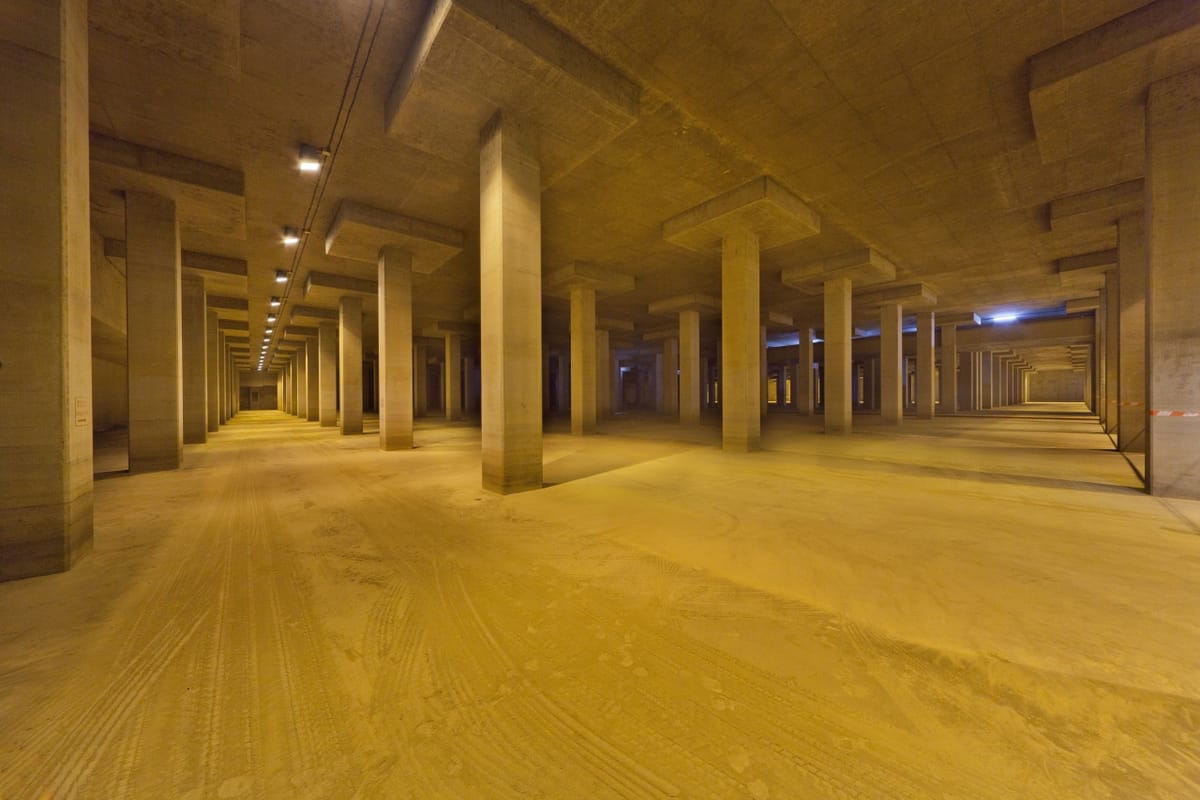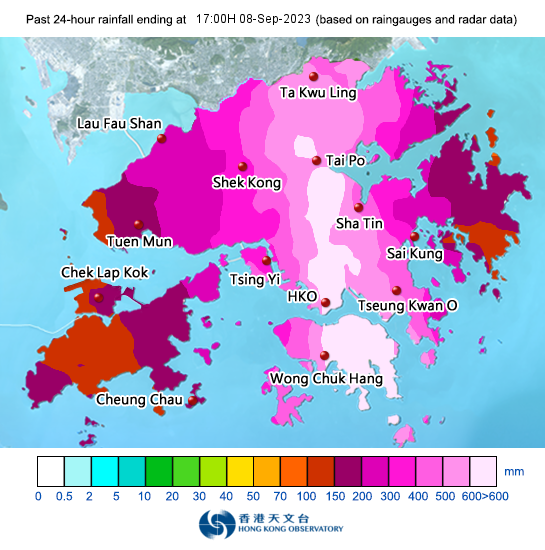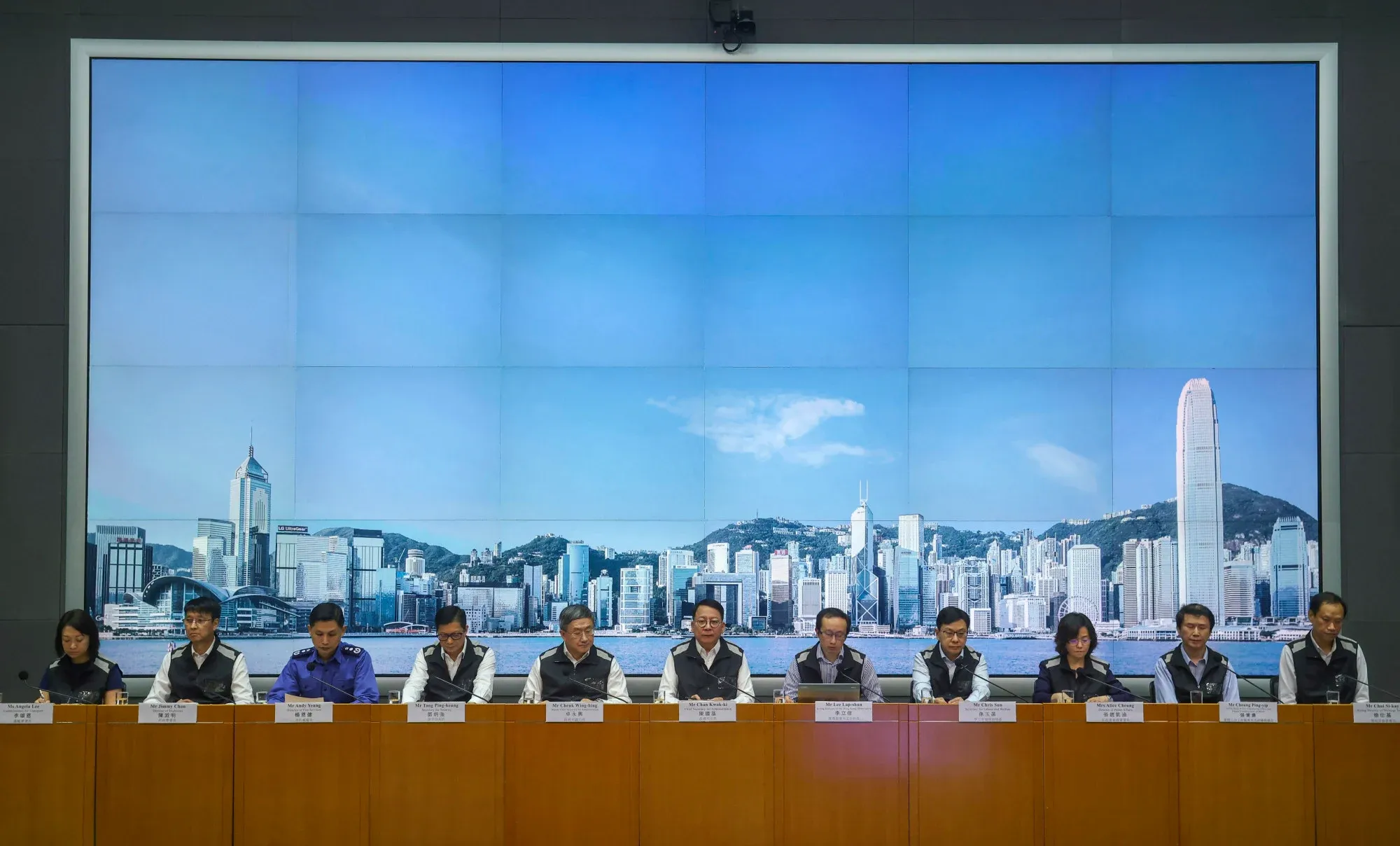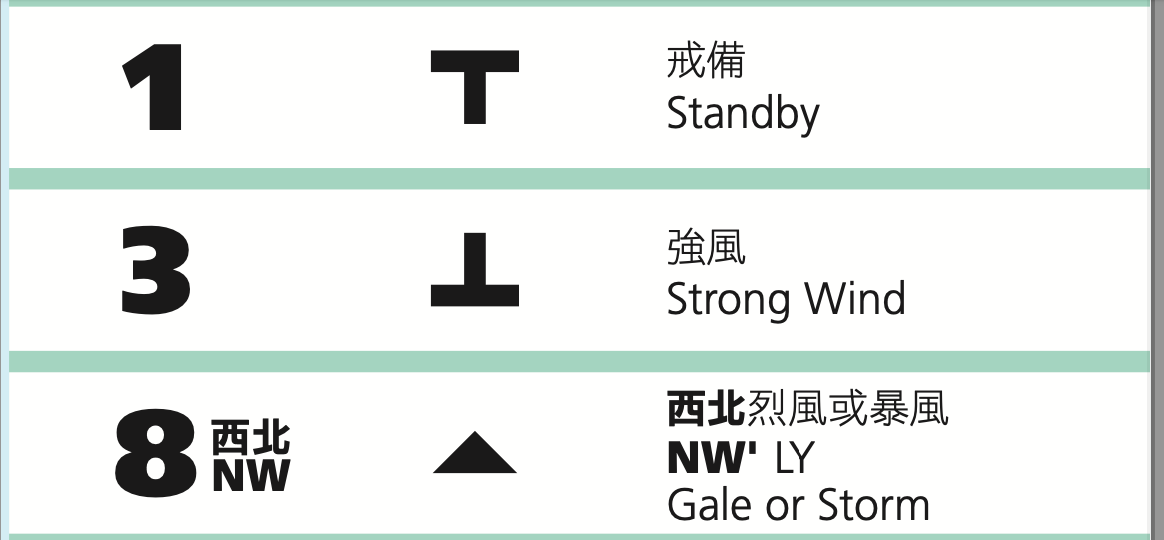Day 29: The great Hong Kong floods of 2023
The great Hong Kong floods of 2023 were not entirely unexpected. What went wrong...

I wrote smugly last week about how nothing likely happen from Hong Kong's direct hit by a category 4 tropical cyclone...no deaths...little damage. And I was correct. Last night, the remains of the typhoon formerly known as Haikui hit Hong Kong and there was massive flooding caused. So what happened?

Well, it rained...a lot. At the Observatory, they experienced the highest 1 hour rainfall rate since records started being kept in 1884. Over the past 24 hours, parts of Hong Kong island got over 600 millimeters of rain. For those imperialists reading, that's almost 2 feet of rain...the liquid form...not snow. If it was in snow form, 600 mm of rain over 24 hours would be the some as getting from 20 feet to 195 of snow over the same period of time. The amount of water is pretty mind blowing.
At the government press conference, when asked about why there was so much flooding and preparations weren't better, they said wrote it off to this storm being unexpected. This isn't entirely correct.

The storm was the remains of a typhoon that the Hong Kong Observatory (HKO) was tracking on their website for the past few week. In fact they tracked it up until 2 days before last night's storm when it was 240 km from Hong Kong. They stopped tracking presumably because tropical cyclones as classified based on wind strength not on rain. The winds slowed down so it no longer was qualified to be tracked under the typhoon tracking criteria.
However, just because tracking stopped didn't mean that the low pressure system wasn't still moving towards Hong Kong...we knew there would a storm and that it would rain a lot and HKO forecast it as such.
So what happened? I think two things happened.
1) Normal pre-typhoon procedures - cleaning out drains, putting in flood prevention boards, etc - were not followed because those are triggered by the typhoon warning signals. Some of these preparation steps are triggered in the government bureaucracy - in the drainage services department for example - but many are also triggered in private business as insurance policies frequently mandate behavior that must be taken during typhoon signals if the policy holder wants to be insured against loss.
This is a coordination and communication problem. Perhaps an advanced warning system of possible black storm that would trigger action would make sense. There's also the risk of the boy who cried wolf effect where warnings of a possible event that's so rare cause people to tire of or ignore them.

2) That the amount of rain exceeded the design capacity of the drainage systems...there's nothing you can about that in the short-term...requires long term infrastructure investment....short-term warning of a storm doesn't help. While Hong Kong has robust drainage infrastructure...things like underground rain water overflow the size of 100 swimming pools of water. If you get more rain than can fit in the tanks and be moved by the systems, it's going to flood. Advanced warning wouldn't solve this. Only long-term investment in infrastructure...which might not even be worth it if these events only happen once a century.
